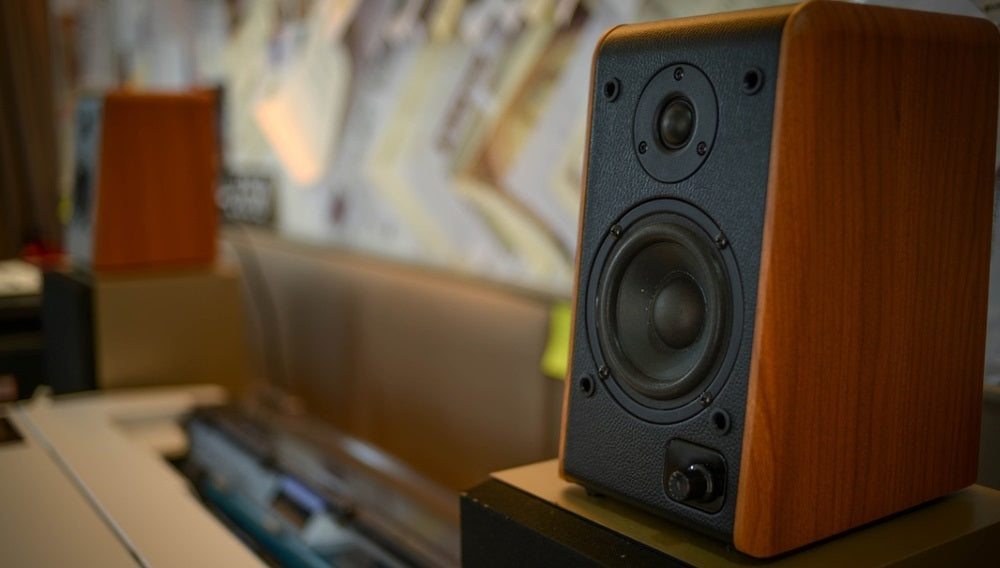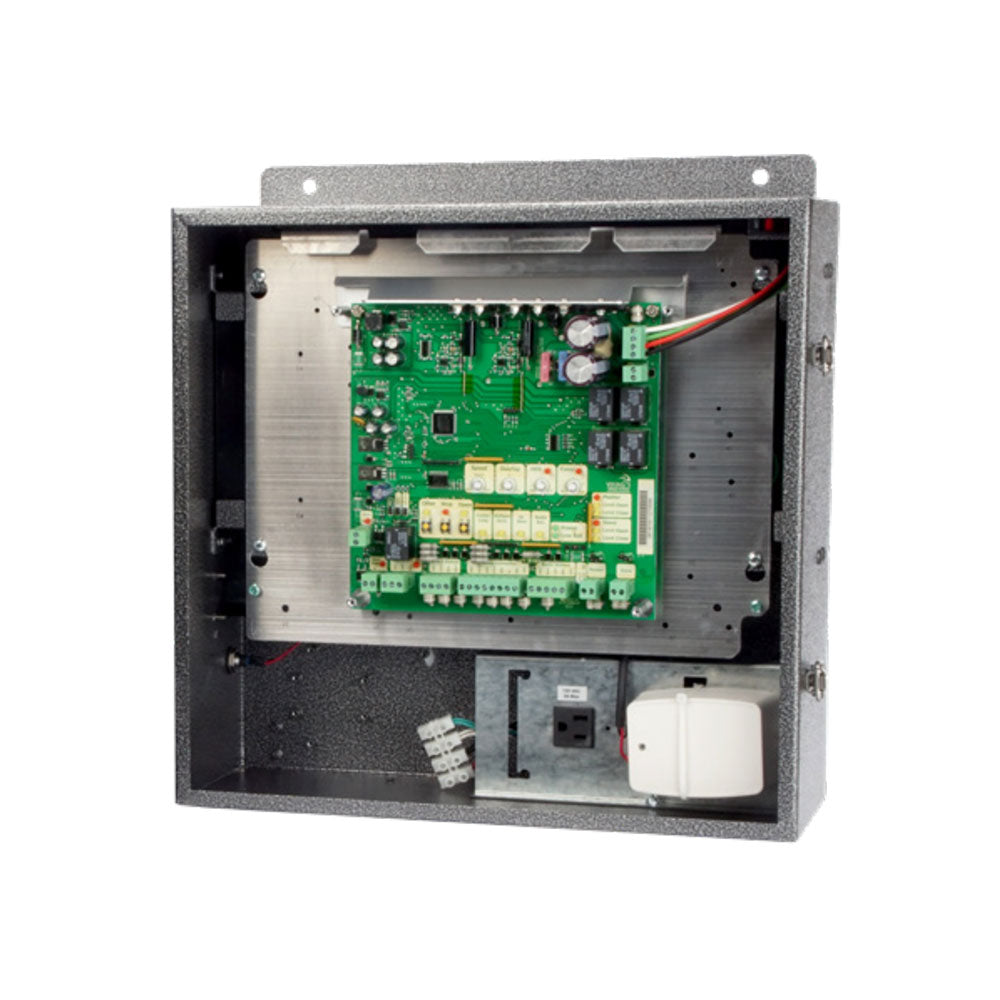Any audiophile knows that speaker cables are the unsung heroes of any audio system. The materials used in many speaker cables determine the level of audio fidelity produced by a high-end audio system. The role of a speaker cable is simple; it is basically a wire that delivers the electrical signal from an amplifier or any audio input system to a set of speakers, ultimately shaping the quality of sound you hear.
However, the variety of materials available can make the selection process for the right speaker cable an overwhelming and sometimes confusing experience. It’s a good thing this guide exists, then!
In this guide, we examine the most common speaker cable materials, demystifying their differences, strengths, weaknesses, and their overall impact on your listening experience.
The Classic Copper Conductor
For generations, copper cables have remained the gold standard of speaker cables, and it’s for many good reasons. The exceptional conductivity of copper ensures minimal signal loss, which ensures that you get accurate sound reproduction across an entire frequency range.
Here are a few benefits of copper to note:
- Superior Conductivity: Copper is known to have the highest conductivity among the commonly used speaker cable materials. This translates to minimal electrical resistance, ensuring that you hear the sounds from your speaker with minimal degradation.
- Accuracy: Copper’s high conductivity also ensures the audio signal is accurately reproduced, resulting in a clear, detailed, and balanced sound across any sound spectrum. You can clearly hear everything from deep bass to crisp trebles.
- Durability: Copper is a highly durable material, a property that makes it viable for long-term use. However, copper speaker cables still require that you handle them with care to prevent internal cable breakage.
Variations of Copper Speaker Cable
If you have ever looked at the label of a copper speaker cable before, you might have seen the terms OFC or OFC+, but what do they mean?
Here is a breakdown of the two variations of copper speaker cable you are likely to encounter:
- Oxygen-Free Copper (OFC):Oxygen-free copper (OFC) is a type of copper that has undergone a refining process to remove oxygen impurities. OFC typically offers slightly better conductivity compared to standard copper, which could potentially lead to better sound.
- High-End Copper (OFC+ or similar): A high-end copper (OFC+ or something similar) speaker cable uses specific manufacturing techniques or extra processes to further reduce resistance and enhance signal transmission. The benefits perceived by the end-user might be subtle, and they typically depend on the overall quality of your audio system.
Aluminum Speaker Cable: A Lighter Alternative
Aluminum is another popular material for building speaker cables, and this is mostly due to its advantages in weight and cost compared to copper.
However, aluminum's conductivity is lower than that of copper, which means you will have to make some trade-offs in sound quality if you choose an Aluminum-based speaker cable.
Here are a few things to note about aluminum speaker cables:
Affordability: Most aluminum speaker cables you find on the market are generally cheaper than their copper counterparts.
Lightweight Construction: Aluminum speaker cables offer an advantage in areas where lightweight cables are of critical importance to an audio setup, as they are much lighter than their copper counterparts.
Lower Conductivity: A major downside to aluminum speaker cables is that they experience a higher degree of electrical resistance, which potentially leads to a slight loss of sound detail and clarity. This is especially true for high-frequency sounds.
Beyond Copper and Aluminum
While copper and aluminum are likely the most common speaker cable materials you have around you, some other options also exist:
Bi-Wire Cables
Bi-wire speaker cables utilize two separate conductors to transmit high- and low-frequency signals, with the aim of minimizing signal interaction and potentially improving sound separation. However, much debate surrounds the “benefits” of a bi-wire speaker cable. Plus, some amplifiers may not even require bi-wire cables to deliver lossless sound.
Exotic Materials
Some high-end speaker cables incorporate materials like gold or silver plating to improve sound quality. However, the claimed benefits of these types of cables are still a subject of debate among audiophiles.
Different Speaker Cable Materials
Choosing the right cable material can enhance your audio experience by ensuring accurate signal transmission and minimizing signal loss. A general understanding of the strengths and weaknesses of different materials can help you make an informed decision that aligns with your listening preferences, budget, and audio setup.
At All Security Equipment, we are unparalleled in our commitment to providing our customers with the resources and equipment they need to elevate their audio experience. Explore our carefully curated selection of speaker cables and other audio accessories to choose the best one for your setup.












